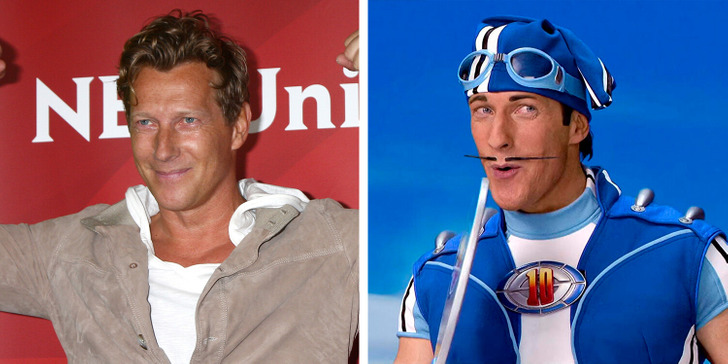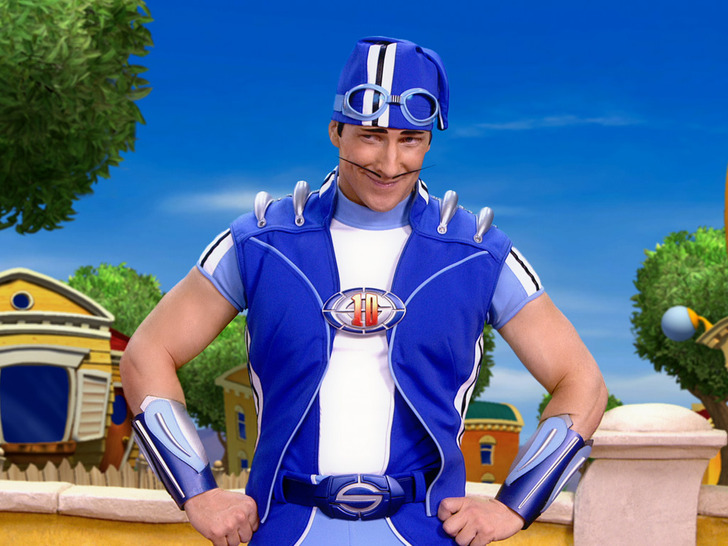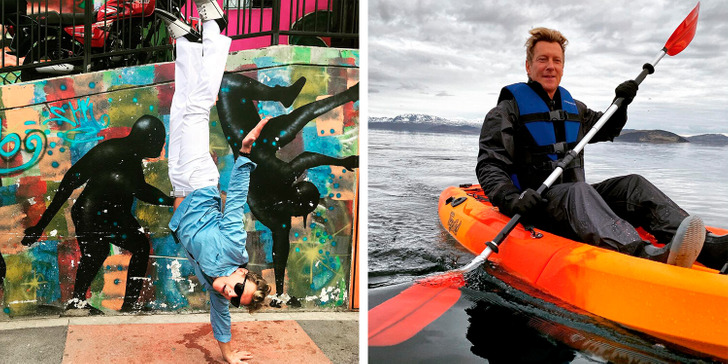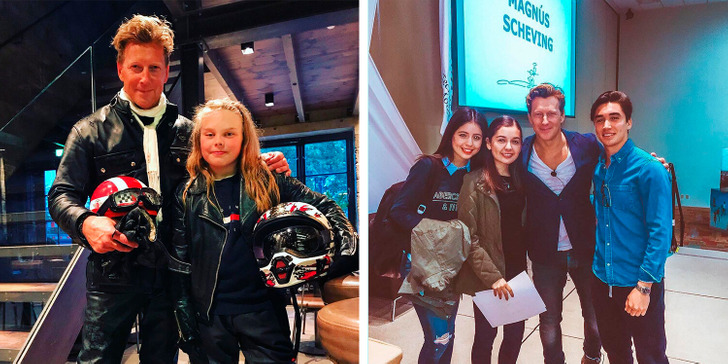one of my fav showes when i was younger
The Story Behind the Endearing Protagonist of “LazyTown” Who Became a Hero for the Kids
Compared to 20 or 30 years ago, more and more children’s television programs nowadays aim to teach children valuable lessons rather than simply entertain them. One such example is LazyTown, where the role of the hero, Sportacus, is played by an exceptional Icelander whose story we would like to share with you.
The champion behind Sportacus’s mustache
Magnús Scheving is an Icelandic actor, producer, entrepreneur, writer, and gymnast, best known for playing Sportacus, the protagonist of the television series LazyTown. But he didn’t always plan to dedicate himself to entertaining children. In the beginning, he wanted to be an architect but ended up working as a carpenter, a skill that allowed him to build his own house.
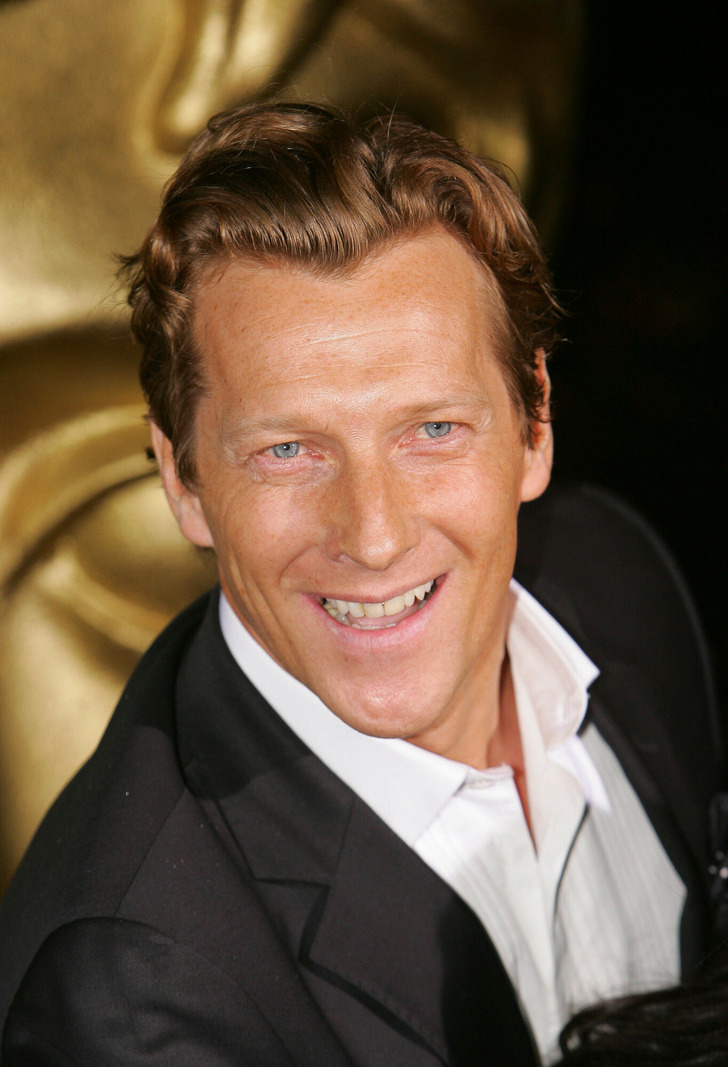
His life changed when he was about 20 and a friend challenged him to try something new. Both of them had to choose a discipline that was totally new to the other, and they had three years to master it. His partner chose aerobic gymnastics for him, and Magnús ended up becoming the Scandinavian champion in 1993 and the European champion in 1994 and 1995.
How LazyTown came to be
In the 1990s, Magnús devoted himself to developing as a sportsperson, as well as working as a motivational speaker. He became well known, especially among parents, who consulted him on how to raise healthy children. So in 1991, inspired by his own children, he reinvented himself as Sportacus, the active, fruit and fiber-loving savior of LazyTown.
It was at this point that he started doing market research for his show. He realized that children’s shows often have low budgets, which is reflected in the quality of the product. Magnús was determined to change this. He said, “When you are a child, your senses are alert, and you have a finely tuned perception of quality.”
Over the years, Sportacus has sought to encourage children to be more active.
From the second half of the 1990s onward, Magnús began a series of actions in which he focused his work on children. He published a book aimed at this audience, explaining the importance of an active and healthy lifestyle, which was later adapted into a play where Sportacus appears for the first time. From that point on, LazyTown became very popular with children in Iceland, his homeland, to the point where, in 2003, he was asked by Nickelodeon to launch a television series based on his characters.
In the years that followed, the show became very popular with children’s audiences around the world. When Scheving was asked why he thought his show was so successful, he said: “LazyTown means different things for different audiences. For girls, it is a music show, and for boys, it is an action show.”
And many children not only enjoy watching the program but aspire to become Sportacus. For Magnús, this is very rewarding and gives him a lot of satisfaction. “It is really nice because when I travel round the world kids show me their moves, they jump around and do pushups. I went to a hotel and there were 100 kids in the lobby showing me their movements, so it’s fantastic,” he said.
His character goes beyond the screen.
Magnús has dedicated many of his Instagram posts to promoting a healthy lifestyle and having a positive mind. He believes that positive people who don’t give up, despite the odds, are the real heroes. He also really enjoys doing different activities. “I feel like the best way to keep myself young is to keep challenging myself,” he says.
Life after Sportacus
There is no denying that the work Magnús did for children’s health through LazyTown is memorable. However, all good things must come to an end. At the end of 2014, Scheving announced that he would stop playing Sportacus in any kind of event once the show ended. Moreover, he was selling his production company.
But that wasn’t all — in 2016, he decided to open a Scandinavian food restaurant called ROK. Currently, he continues to give lectures related to creativity and leadership to large audiences.
Comments
Related Reads
Vera Wang, 73, Just Flaunted Her Toned Figure in a Revealing Outfit That Left Everyone Speechless

I Faked an Emergency to Test My Boyfriend’s Commitment

My Ex-Husband Chose His New Family Over Our Son—I Gave Him a Lesson He Won’t Forget
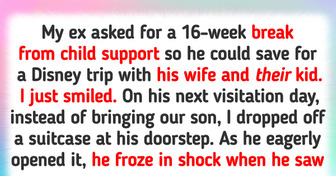
10 Shocking Secrets That Made People Rethink Their Entire Lives

15 Stories About People Whose Behavior Breaks All Possible Stereotypes

I Overruled the Strict Vegan Menu for My Son’s Wedding

10 People Who Did Something So Kind It Belongs in a Film

My Son Brought His Fiancée Home – I Immediately Called the Police

12 People Who Learned the Truth When It Was Too Late

My MIL Made a Scene at My Birthday Party and Got Exactly What She Deserved

I Threw My MIL Out of My Wedding After Opening Her Humiliating Gift

12 People Who Unexpectedly Saw Something That Was Supposed to Stay Secret

